The Russell Cotes Museum Late evenings are a chance to explore the museum after dark with short talks and pop-up exhibitions – a perfect opportunity to talk about Gothic at a sold-out event.
I’d been invited to set up a stall exploring Gothic Comics, showcasing my research into British girls’ comics of the 1970s. This let me share lots of comics alongside the free gifts that were given away with the first few issues of each new title. I also brought along a few very rare items such as the dummy folder of the launch issue of Misty #1, which shows how story titles were added in (letraset transfers) and colour pages were allocated.

It was a brilliant evening where I found myself set up alongside tarot readings, Gothic poetry writing, a handling table of memento mori objects from the museum, and lots of short talks and readings of classic Gothic literature, all set to candle-lit piano music.

I had a great time chatting with some fabulously dressed folk about the largely forgotten wave of Gothic girls’ comics that emerged in Britain in the 1970s and how they used many common motifs of the Gothic tradition (embedded stories, nature imagery) and Victorian Gothic themes and settings (Jack the Ripper, Dracula, dire workhouses, wicked governesses, seances, and more). I always love getting people to reminisce about the comics they remember (or have mostly forgotten) and this was no exception! We talked about the way these comics were produced (small teams, weekly outputs, a frantic pace), the reasons they’ve been lost to memories and history (greedy publishers, competition with other media, poor treatment of creators and readers), the gothic tropes and themes they contain (adaptations of everything from Edgar Allan Poe to Stephen King, modern cautionary tales, myths and legends, historical ghost stories), and the balancing line they tread between conservative morals and transgressive excitement.
To find out more about this lost gothic, please visit my website www.juliaround.com.
Julia Round is an Associate Professor and English and Comics Studies in the Department of Humanities and Law, and Head of the Narrative, Culture and Community Research Centre. She has over 50 publications on Gothic, horror and comics, including the award-winning book Gothic for Girls (2019).
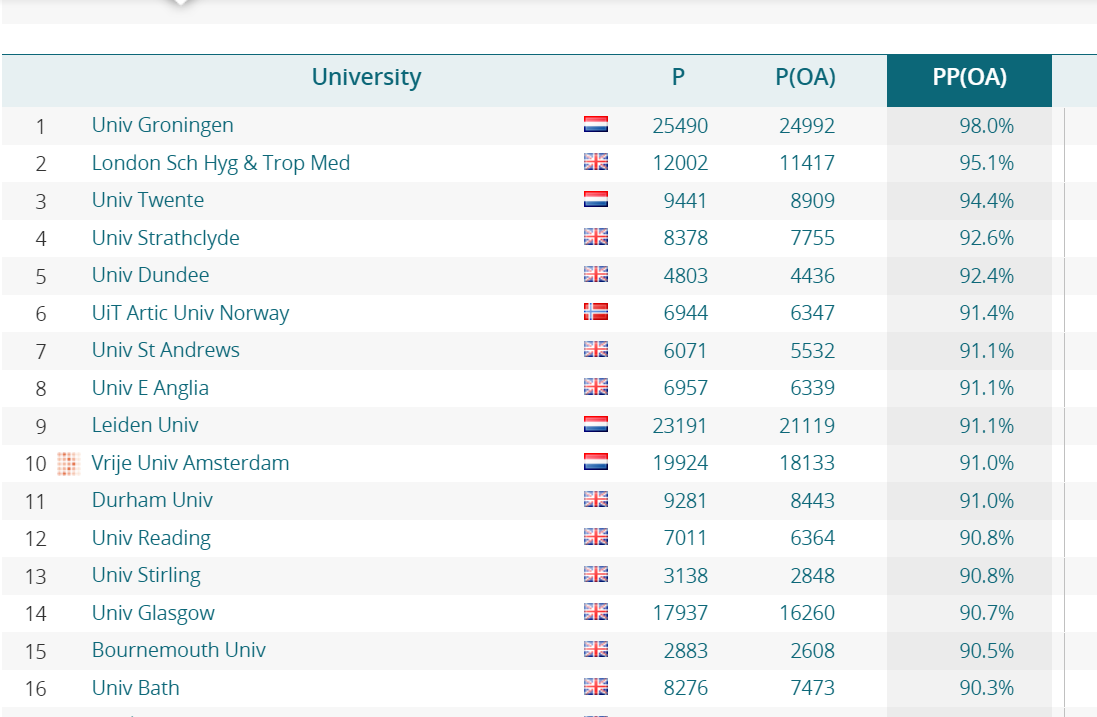
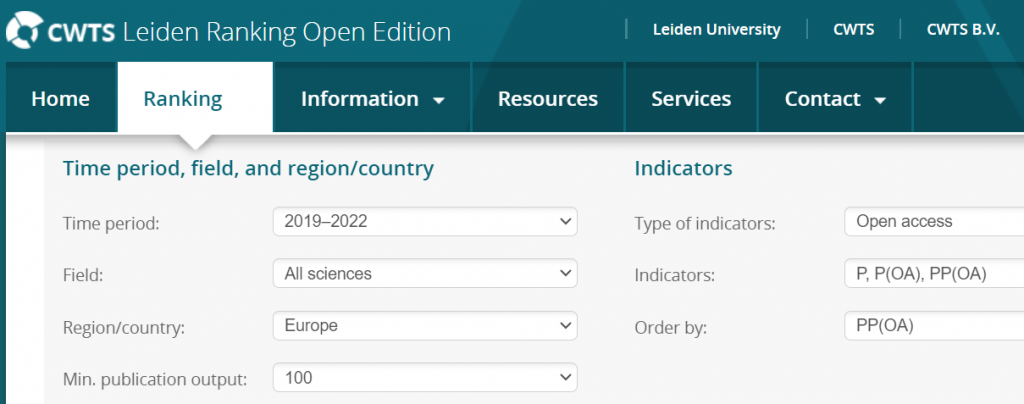


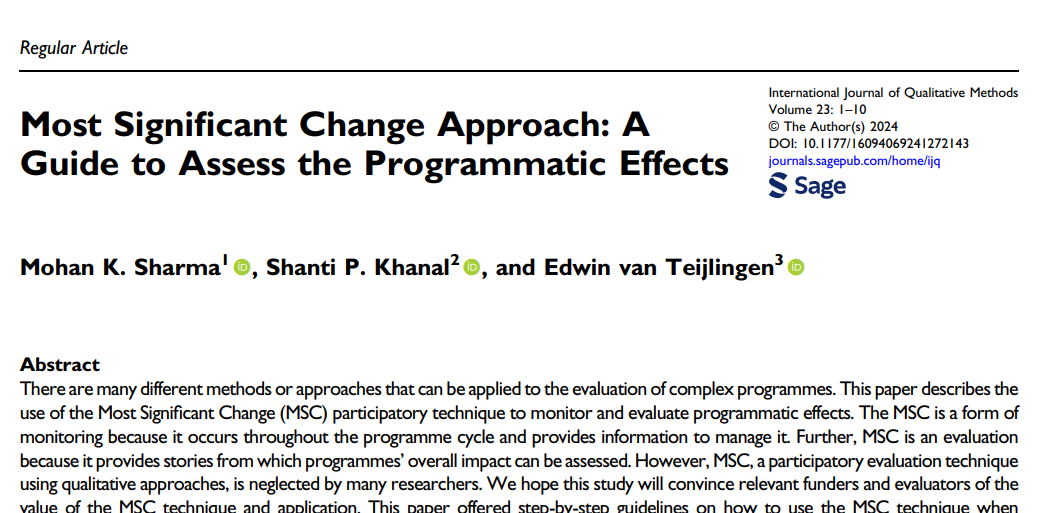
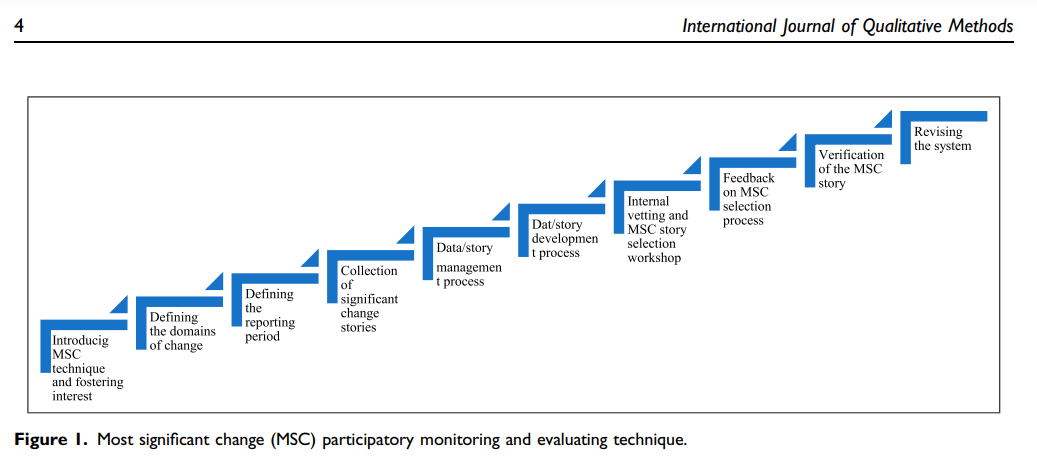


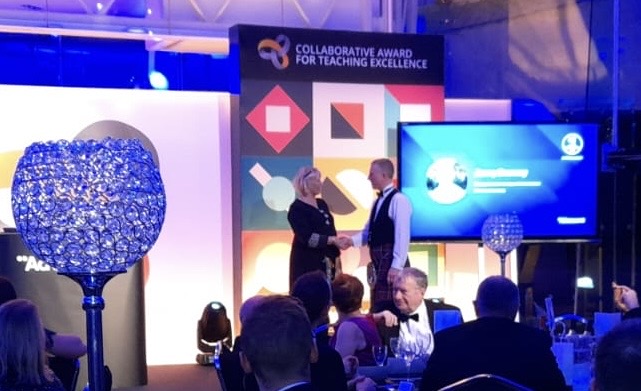
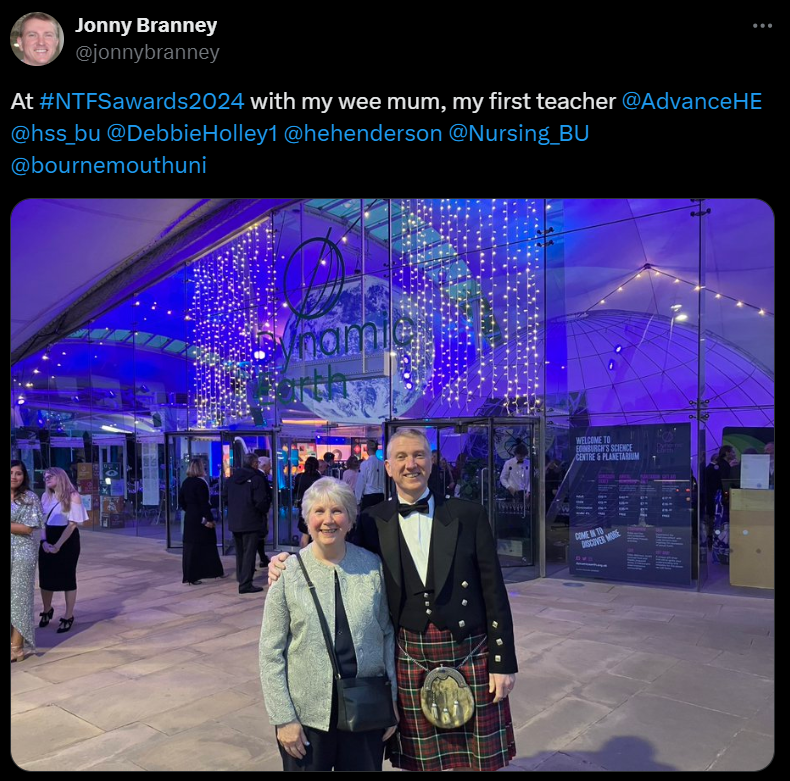
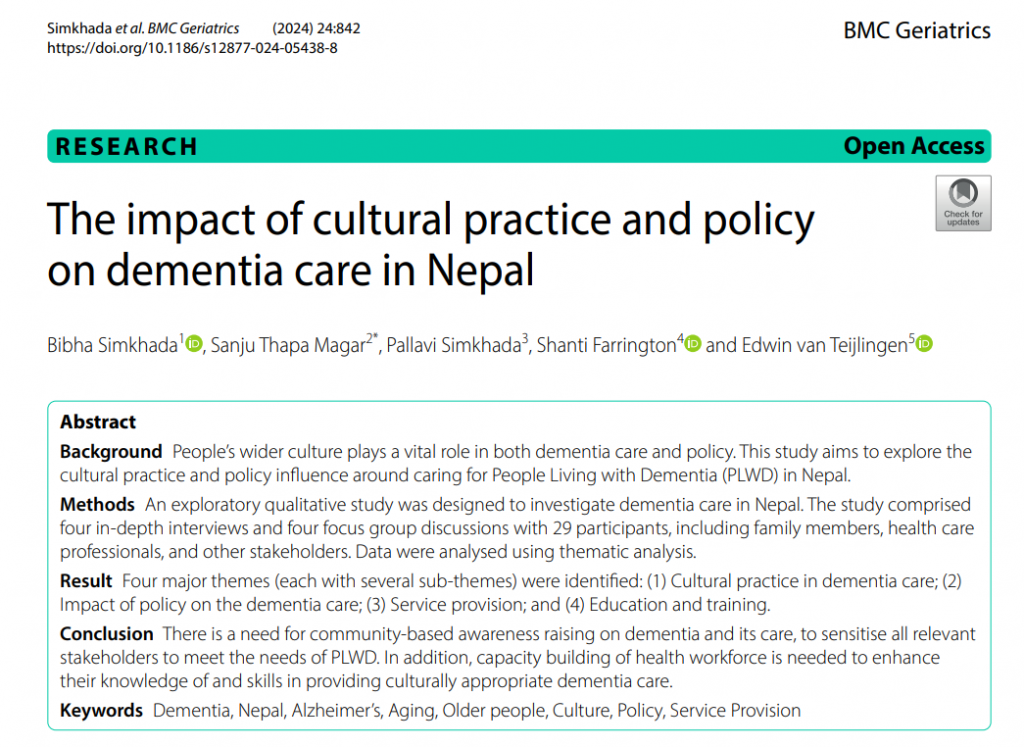

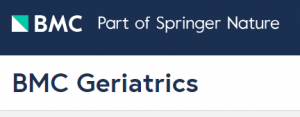
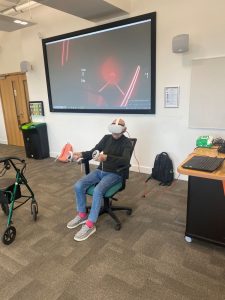
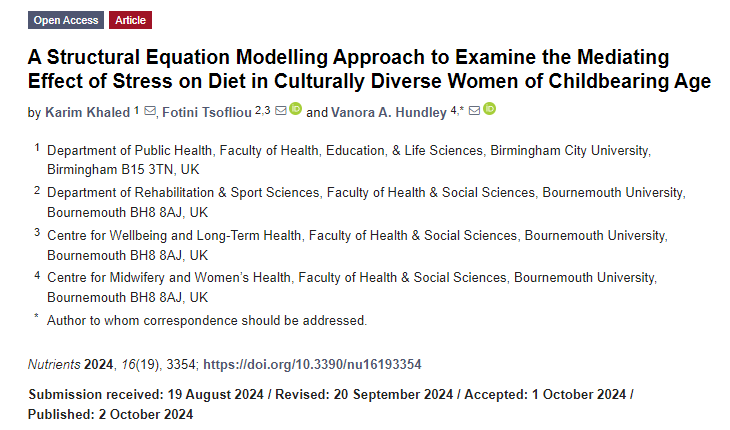
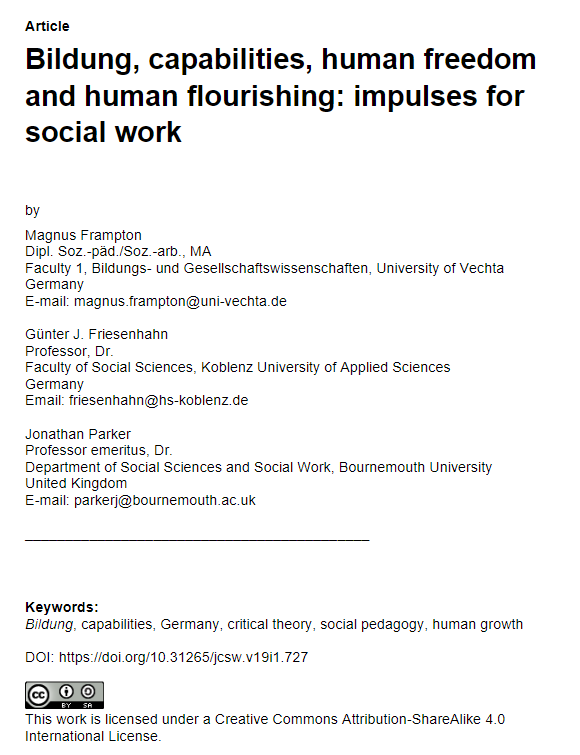
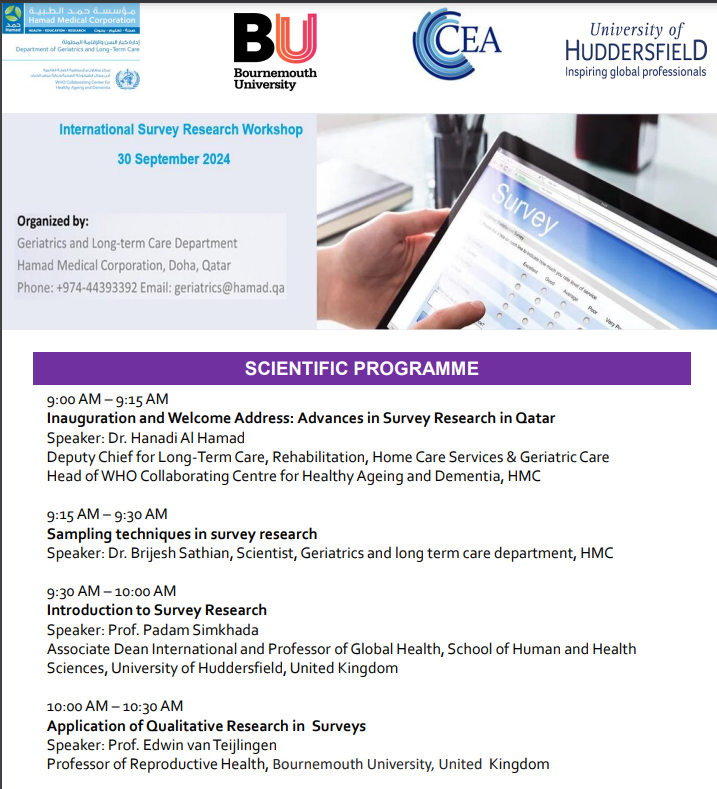

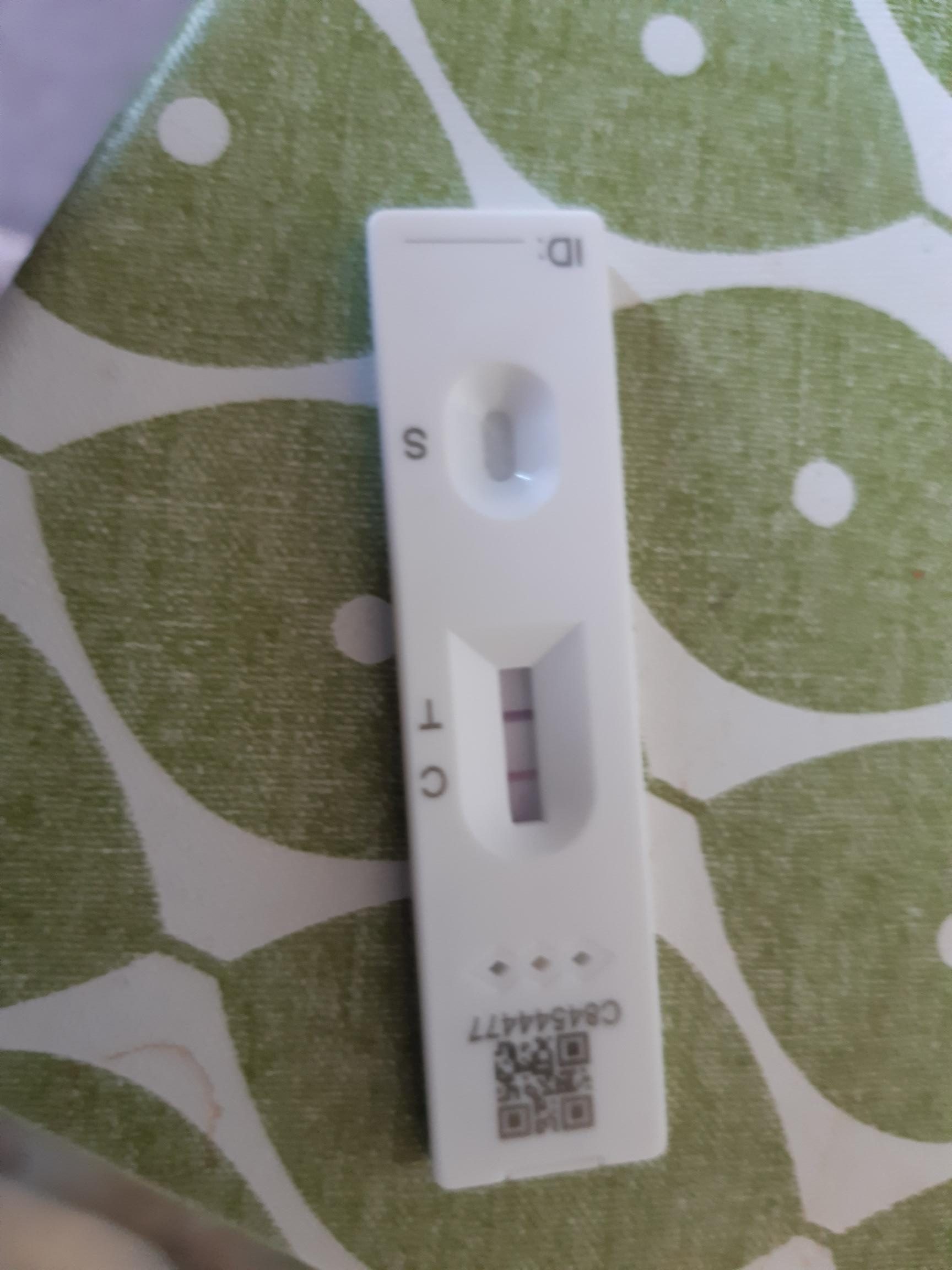
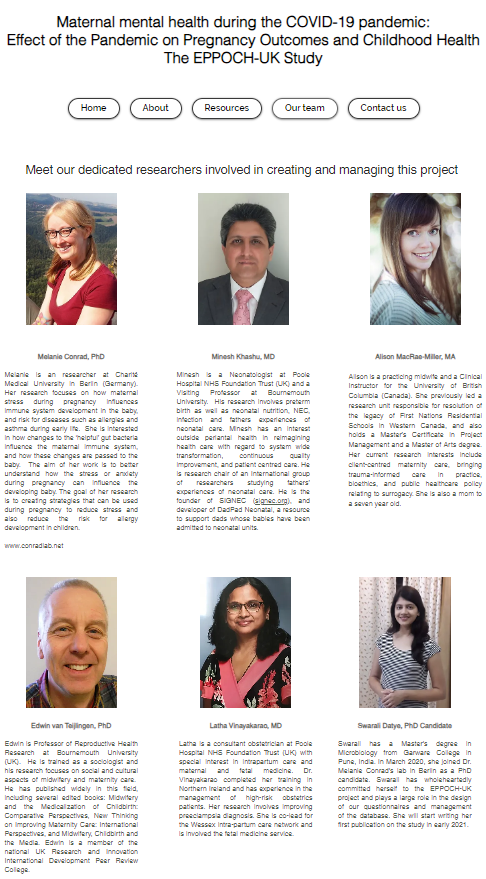

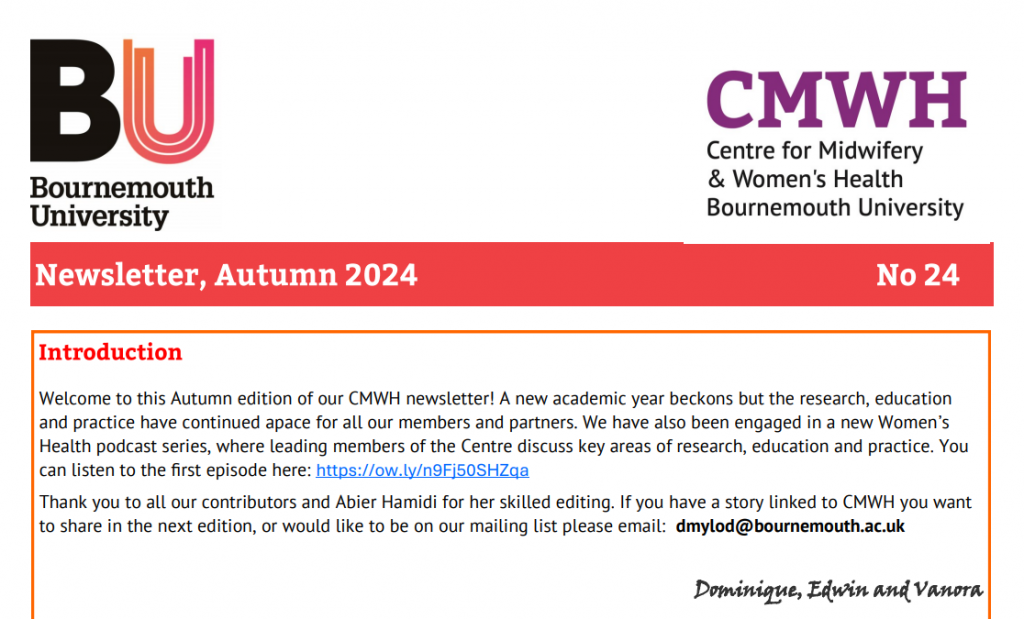 This edition includes news items and stories related the successes of CMWH staff and students. For example, about Drs. Dominique Mylod and Daisy Wiggins who both secured innovative NIHR funding for undergraduate student internships. Or about the recently awarded National Institute for Health and Care Research (NIHR) funding for ‘INSIGHT: Inspiring Students into Research’. This innovative three-year programme started this summer as part of the NIHR Academy’s portfolio of career support for health and social care professionals. The programme supports the NIHR aim to develop a highly skilled research workforce capable of advancing the best research which improves health and care, and benefits society and the economy.
This edition includes news items and stories related the successes of CMWH staff and students. For example, about Drs. Dominique Mylod and Daisy Wiggins who both secured innovative NIHR funding for undergraduate student internships. Or about the recently awarded National Institute for Health and Care Research (NIHR) funding for ‘INSIGHT: Inspiring Students into Research’. This innovative three-year programme started this summer as part of the NIHR Academy’s portfolio of career support for health and social care professionals. The programme supports the NIHR aim to develop a highly skilled research workforce capable of advancing the best research which improves health and care, and benefits society and the economy.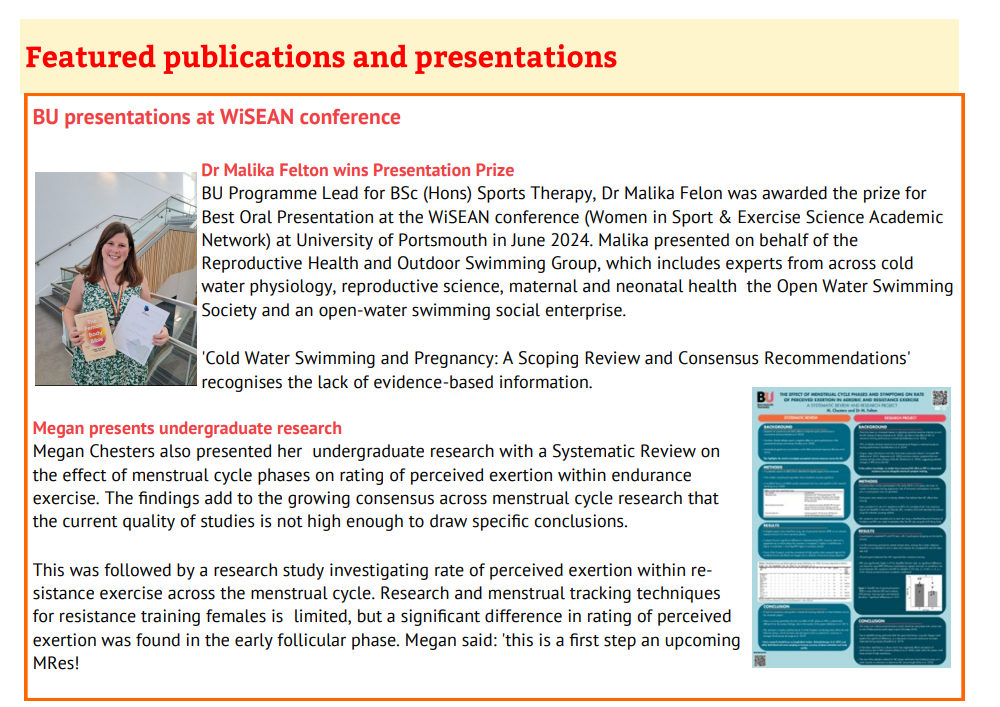
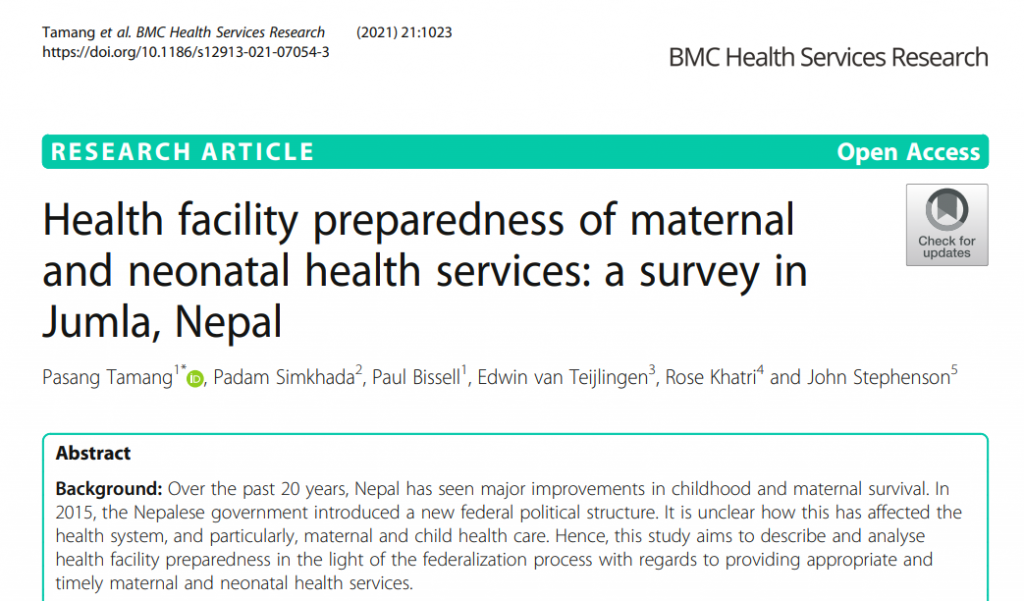


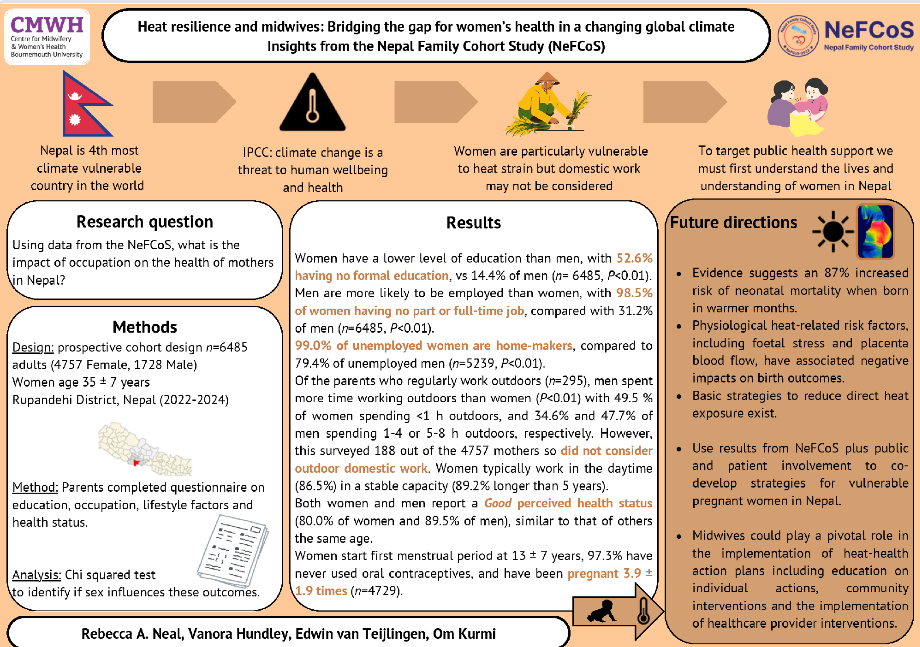

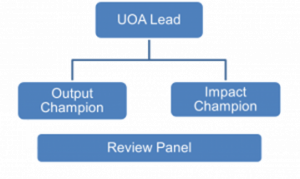











 SPROUT: From Sustainable Research to Sustainable Research Lives
SPROUT: From Sustainable Research to Sustainable Research Lives BRIAN upgrade and new look
BRIAN upgrade and new look Seeing the fruits of your labour in Bangladesh
Seeing the fruits of your labour in Bangladesh Exploring Embodied Research: Body Map Storytelling Workshop & Research Seminar
Exploring Embodied Research: Body Map Storytelling Workshop & Research Seminar Marking a Milestone: The Swash Channel Wreck Book Launch
Marking a Milestone: The Swash Channel Wreck Book Launch ECR Funding Open Call: Research Culture & Community Grant – Application Deadline Friday 12 December
ECR Funding Open Call: Research Culture & Community Grant – Application Deadline Friday 12 December MSCA Postdoctoral Fellowships 2025 Call
MSCA Postdoctoral Fellowships 2025 Call ERC Advanced Grant 2025 Webinar
ERC Advanced Grant 2025 Webinar Update on UKRO services
Update on UKRO services European research project exploring use of ‘virtual twins’ to better manage metabolic associated fatty liver disease
European research project exploring use of ‘virtual twins’ to better manage metabolic associated fatty liver disease